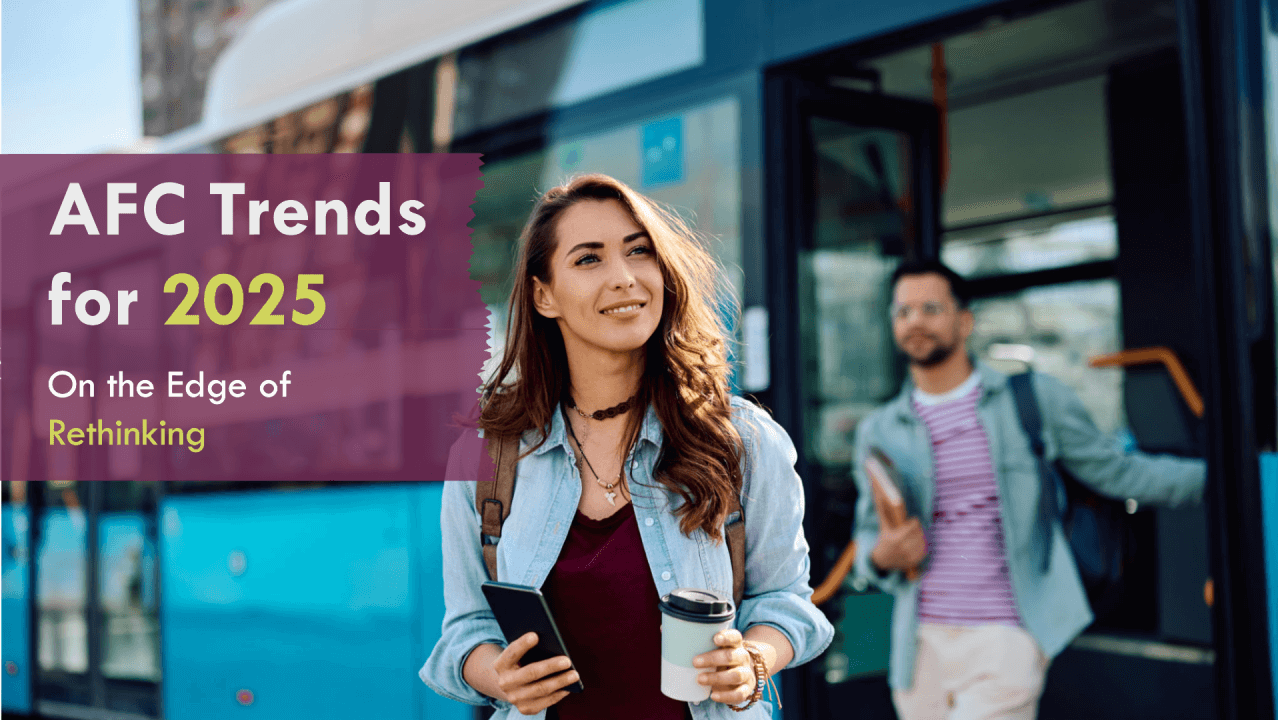Open-Loop Fare Capping: Rewarding Passengers For Their Past Actions?
Published:
Here’s a classic example of the common narrative about ‘open-loop’ systems in public transit. ‘Riders… can just ‘tap and ride’, safe in the knowledge that they’ll only be charged the most advantageous fare based on their journeys.’
But what’s the trade-off here for the transit agencies? They lose the opportunity to collect fares upfront and secure their revenues.
In essence, the agencies are providing riders a ‘post-paid’ discount for a service already consumed, without any form of commitment or assurance that the same riders will continue to use their service in the future. It’s like rewarding customers for their past actions instead of incentivizing their future behavior.
It’s akin to turning the concept of a ‘loyalty program’ upside down. Instead of encouraging riders to commit to using the service regularly (like with a prepaid monthly pass), agencies are retroactively applying discounts, losing potential upfront revenue.
Is this ‘customer-centric’ approach sustainable for public transit agencies in the long run? I believe a balanced approach is key - one that provides convenience for riders but also ensures financial sustainability for the agencies.
While I’m all for adopting newer technologies, let’s not lose sight of their financial implications and the fundamental principles of a fare structure.
What do you think? Are the benefits of ‘open-loop’ systems like this one outweighing the costs?
Lisbon Metro introduces contactless bank card payments with transit payments specialist Littlepay

